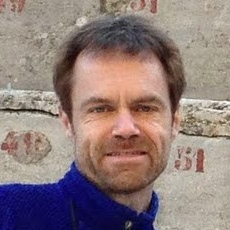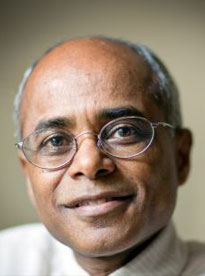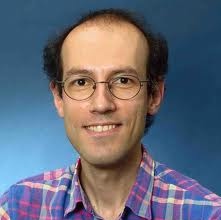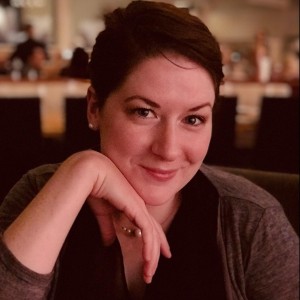Saturday, August 3, 2019 – Wednesday, August 7, 2019
9:00 AM – 5:00 PM, Eastern Time
Self-organization is among the most powerful and radical theoretical constructs available to behavioral scientists. Understanding its conceptual underpinnings and practical consequences is essential for modern researchers. The workshop will address the theoretical bases of self-organization with an emphasis on issues and applications in the behavioral sciences. Dissipative structure theory, synergetics, and other foundational approaches will be presented, as will computational approaches, such as agent-based modeling. The workshop will include hands-on laboratory work with real electrical and chemical dissipative structures, human behavioral applications, and various computer models. Participants should have some graduate-level training in cognitive science or a related field, but no advanced knowledge of physics or mathematics is required.
Workshop Faculty

James A. Dixon
James A. Dixon is the Director of the Center for the Ecological Study of Perception & Action and Professor of Psychological Sciences at the University of Connecticut. He has published extensively on self-organization in perception, action, and cognition in humans and children. His recent work focuses on the emergence of biological-like behavior in non-living dissipative systems.

Dilip Kondepudi
Dilip Kondepudi is the Thurman D. Kitchin Professor of Chemistry at Wake Forest University. He is a world-renowned expert in “modern thermodynamics” which expands the scope of thermodynamics to encompass non-equilibrium phenomena, including self-organization. With his late thesis advisor, Nobel-prize winner Ilya Prigogine, Dr. Kondepudi co-authored, Modern Thermodynamics: From Heat Engines to Dissipative Structures.

Till Frank
Till Frank is Associate Professor of Psychological Sciences at the University of Connecticut. He is a leading expert in “synergetics”, an approach to self-organization founded by his former advisor Hermann Haken. He is the author of Nonlinear Fokker-Planck Equations: Fundamentals and Applications, and editor of the volume, New Research on Collective Behavior.

Steven Harrison
Steven Harrison is Assistant Professor of Kinesiology and Psychological Sciences at the University of Connecticut. He studies the dynamics of human perception and action that support effective interaction with the physical environment.

Alexandra Paxton
Alexandra Paxton is Assistant Professor of Psychological Sciences at the University of Connecticut. Her work focuses on the emergence of complex social behavior in small groups and in very large collectives. Some of Dr. Paxton’s recent research incorporates agent-based modeling to understand these dynamic interactions in dyads and large-scale groups.
Workshop Information
Tuition:
$1200
Housing (per night):
On campus hotel Nathan Hale Inn $145
Dormitory $55.50 (available as an option on the registration site)
Meals:
On your own
Location:
Storrs, Connecticut.
Registration
Register here
If you have questions, please contact James Dixon